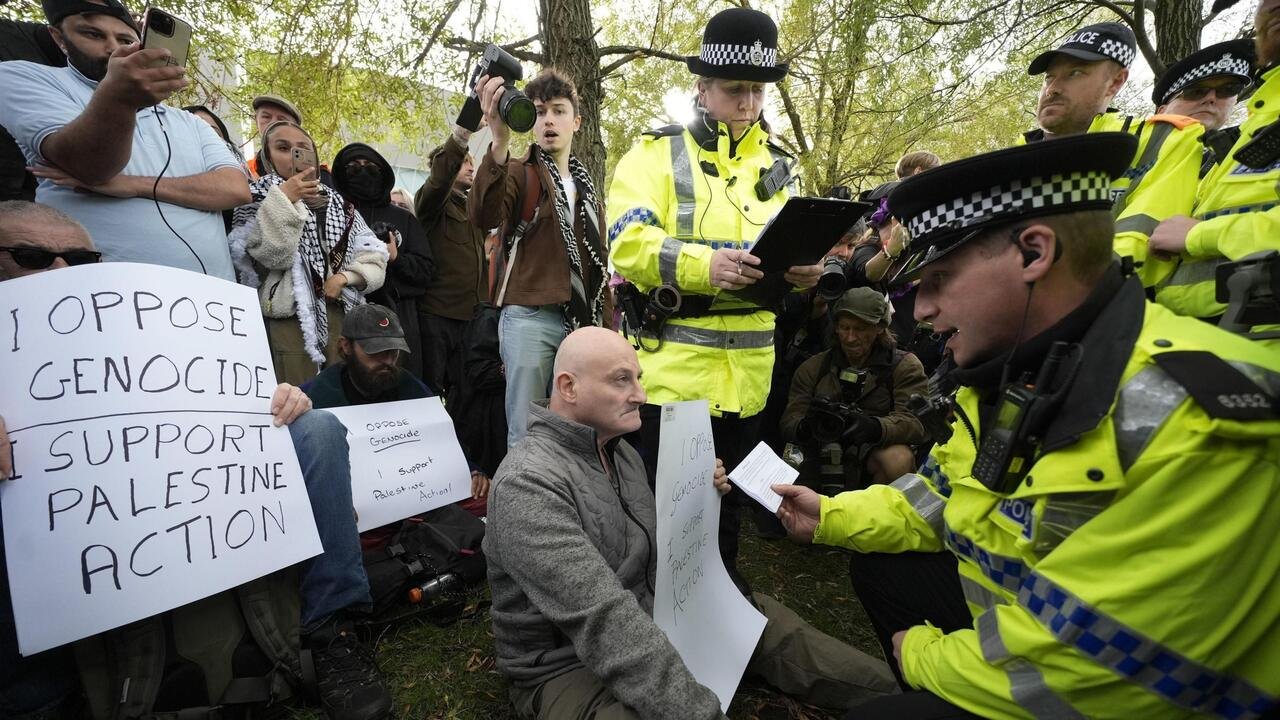Liverpool Protest to Defend Our Juries — Stand for Justice Now 🗳️
The Liverpool Protest to Defend Our Juries is rallying campaigners, citizens, and legal advocates to safeguard a cornerstone of democratic justice: the right to trial by jury. Held in the heart of Liverpool, this demonstration is a pivotal moment in the fight to protect juries from growing concerns about government overreach, restricted access to fair trials, and curbs on the public’s role in justice. Advocates warn that without independent juries, the justice system risks becoming less transparent, imbalanced, and susceptible to politics.
Why Jury Trials Matter ⚖️
At the core of this Liverpool protest is the belief that fair trials depend on independent juries. Organizers emphasize that juries are not just a legal formality but a vital safeguard, giving ordinary people a voice in justice. Unlike judges, who may face institutional pressures, juries ensure decisions reflect community values. The protest highlights how recent trends—such as limiting jury roles in politically charged cases—threaten this balance, raising alarms about fairness and accountability.
Lessons from the Shrewsbury 24 🕰️
A powerful example fueling the protest is the case of the Shrewsbury 24, trade unionists convicted in 1973 for picket line activities. For decades, campaigners argued the case was politically driven. In 2021, the Court of Appeal overturned convictions for 14 men, revealing that critical evidence was withheld from their jury trial [bbc]. This case underscores the risks when jury trials are undermined, showing how ordinary people can suffer from an unfair system. Protesters in Liverpool point to this as a stark reminder of why jury rights must be protected.
Concerns Over Recent Restrictions 🚨
The movement has gained momentum due to controversial limits on defendants in protest-related cases, especially those involving climate activists. In some trials, judges have instructed juries to disregard certain defense arguments or evidence, weakening the jury’s independence. Legal experts argue this erodes the system’s integrity, stripping juries of their ability to weigh all facts. The Liverpool protest aims to spotlight these restrictions as a direct threat to justice.
A Broader Call to Action 🌍
This protest is not a one-off event but part of a national and international push to defend jury trials. Campaigners urge ordinary people to speak out and remind lawmakers that juries are a pillar of freedom. With slogans like “Stand for Justice Now,” the event draws a line against the growing imbalance between state power and individual rights. It’s a call for citizens to protect a system that ensures the people, not the state, have the final say in justice.
Who’s Joining the Fight? 🤝
The Liverpool Protest to Defend Our Juries brings together a diverse coalition: lawyers, community leaders, trade unionists, students, and citizens united by a belief in fair trials. Organizers stress that defending jury rights in Liverpool is about more than local issues—it’s about upholding a principle that defines justice across the UK. By standing together, they aim to ensure trials remain fair, open, and accountable to the public.
Frequently Asked Questions
What is the Liverpool Protest to Defend Our Juries about?
This protest is a public call to protect jury trials, seen as essential for fair and democratic justice. Supporters argue that limiting jury rights risks biased and politically influenced trials.
Why are people joining the justice protest in Liverpool?
People are protesting due to concerns over restrictions on jury trials, which they fear could lead to unfair and less transparent legal decisions, undermining public trust in justice.
How does the Shrewsbury 24 case connect to this protest?
The Shrewsbury 24 case showed how political interference and withheld evidence can undermine jury trials, highlighting the need to protect jury rights to prevent injustice.
Who is organizing the Liverpool legal protest?
Justice campaigners, community advocates, and legal rights groups are organizing the protest to unite diverse voices in defense of jury trials and fair justice.
Why are jury rights in Liverpool so important?
Jury rights ensure trials reflect community values, not just judicial or state interests. They promote fairness, accountability, and protect against bias in the justice system.
